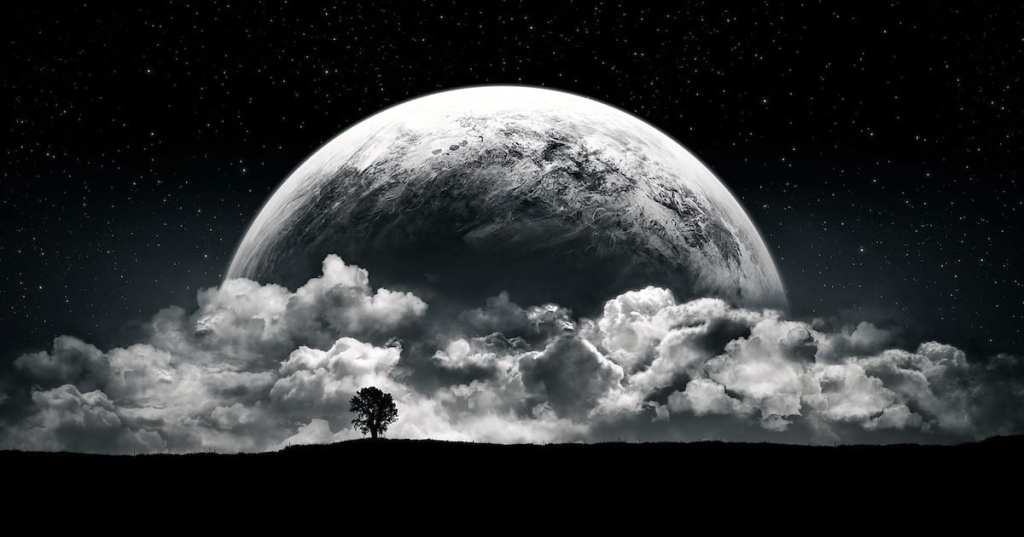A University of Colorado graduate student who specializes in geodesy (math that deals with the shape and area of the earth or large portions of it) sent an email to both writers (who later corrected their mistakes) in order to set the record straight. He even added sources to his explanation, because he came to smash. Here’s what he sent in order to clear the crisp, confusing, winter solstice air:
(edited for length)
“I want to point out that {your claim} is verifiably inaccurate. Earth’s rotation period has been measured precisely… for the past century, and has been further extended back in recorded history using records of solar eclipses… On the record of annual average lengths of day, extending back to the 17th century, the longest day occurs sometime in 1912…Sources: 1, 2
While your description of tidal friction slowing Earth’s rotation is accurate, it’s important to realize it isn’t the only factor in Earth’s rotation… The primary competitor with tidal friction is glacial isostatic adjustment, or the redistribution of mass in response to the loss of ice sheets from the last ice age. This has the effect of {slowing} the rate of increase in Earth’s length of day: the rate of change in the Moon’s orbit suggests that the length of day should be increasing…Sources: 1, 2, 3
The takeaway is that while the length of day averaged over the past century is indeed the longest in the planet’s history, it is plainly inaccurate to say that any particular day in the past 40 years is the longest.”
Ryan Hardy
Graduate Student
Department of Aerospace Engineering Sciences
University of Colorado Boulder
There you have it. The answer was there all along.
One big snowball of earth, moon, tide, and a whole lot of math and science rolling down the hill finally came to a halt and gave us the answer we didn’t know we needed to know: it wasn’t the longest night ever.
That was in 1912.

pixgood






